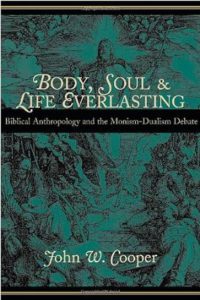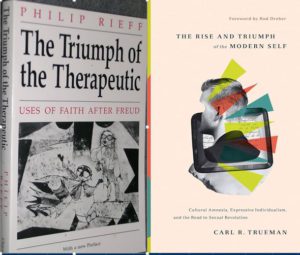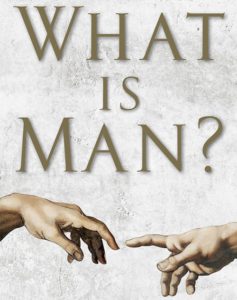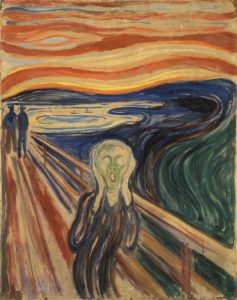
𝐊𝐚𝐢𝐫𝐨𝐬 𝐏𝐨𝐝𝐜𝐚𝐬𝐭 𝐒𝐞𝐫𝐢𝐞𝐬 𝟖: 𝐁𝐢𝐛𝐥𝐢𝐜𝐚𝐥 𝐀𝐧𝐭𝐡𝐫𝐨𝐩𝐨𝐥𝐨𝐠𝐲, 𝐃𝐞𝐚𝐭𝐡 𝐚𝐧𝐝 𝐑𝐞𝐬𝐮𝐫𝐫𝐞𝐜𝐭𝐢𝐨𝐧 (𝐁𝐀𝐃𝐑 𝐏𝐚𝐫𝐭 𝟐)
𝐐𝐮𝐞𝐬𝐭𝐢𝐨𝐧: 𝐘𝐨𝐮 𝐝𝐞𝐟𝐞𝐧𝐝𝐞𝐝 𝐛𝐢𝐛𝐥𝐢𝐜𝐚𝐥 𝐝𝐮𝐚𝐥𝐢𝐬𝐦, 𝐚𝐧𝐝 𝐭𝐡𝐞𝐧 𝐲𝐨𝐮 𝐞𝐱𝐩𝐥𝐚𝐢𝐧𝐞𝐝 𝐭𝐡𝐚𝐭 𝐭𝐡𝐢𝐬 𝐯𝐢𝐞𝐰 𝐢𝐬 𝐡𝐨𝐥𝐢𝐬𝐭𝐢𝐜. 𝐇𝐨𝐰 𝐜𝐚𝐧 𝐭𝐡𝐞𝐬𝐞 𝐭𝐰𝐨 𝐯𝐢𝐞𝐰𝐬 𝐛𝐞 𝐜𝐨𝐧𝐬𝐢𝐬𝐭𝐞𝐧𝐭? \
While the Bible affirms anthropological dualism, it also views human beings holistically where all their psychosomatic faculties work together as an integrated unity. However, biblical holism differs from philosophical holism or physicalism which considers the organism or anthropological entity as comprising a single substance or stuff. In contrast, biblical “functional holism” recognizes the integration and interrelation of all the parts in the existence and proper operation of the whole, without assuming that each part would necessarily cease to function or disintegrate into nothingness if the whole were broken up. To conclude, OT anthropology is both dualistic and holistic. It may be described as either biblical “holistic-dualism” or “dualistic holism”.
Old Testament Anthropology as “Dualistic Holism” or “Holistic Dualism”
 Philosophical and Social Origins of Identity Politics and the LGBTQ Sexual Revolution. Part 3.
Philosophical and Social Origins of Identity Politics and the LGBTQ Sexual Revolution. Part 3.
 Philosophical and Social Origins of Identity Politics and the LGBTQ Sexual Revolution. Part 2.
Philosophical and Social Origins of Identity Politics and the LGBTQ Sexual Revolution. Part 2.